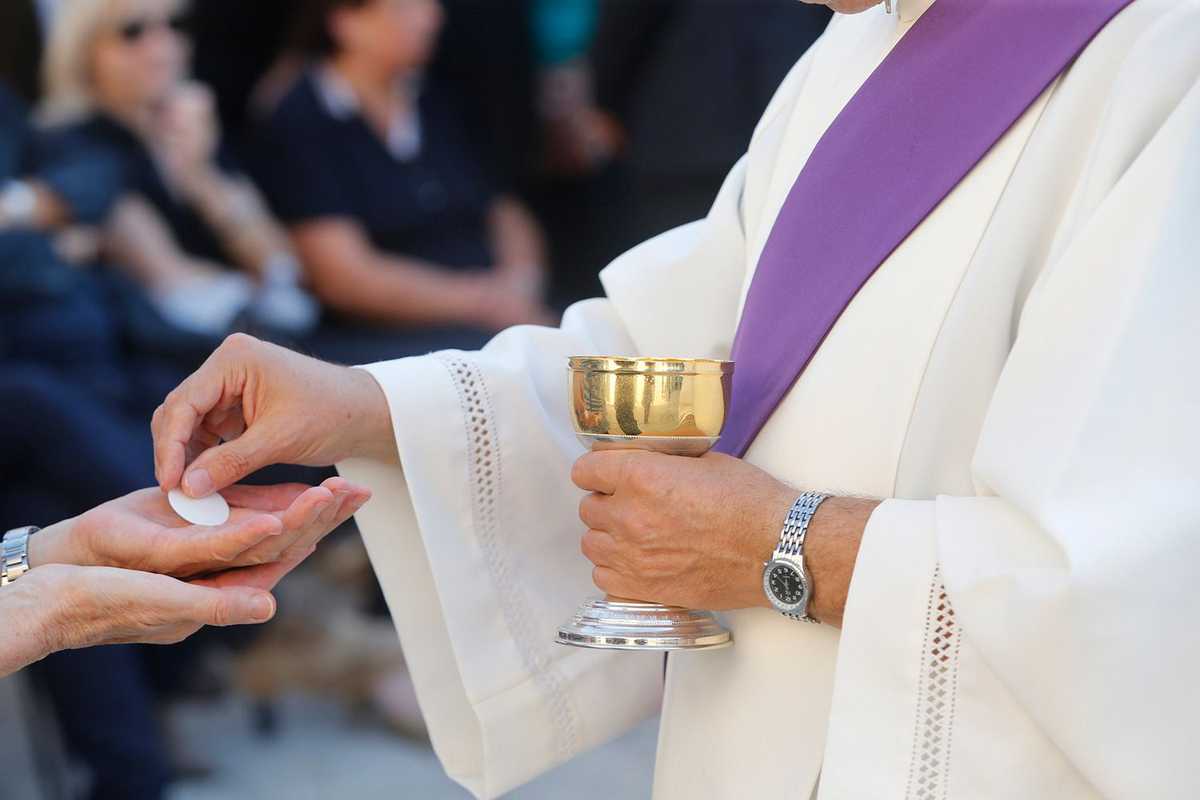What is a Sacrament?
In unraveling the essence of sacraments, it’s crucial to grasp the meaning behind the term itself. According to the insights of the early Church Fathers, a sacrament signifies a sacred element concealed within. This notion finds resonance in the Greek term mysterion, translating to “mystery.” Scriptural references, such as those found in St. Paul’s Epistle to the Ephesians and Timothy, emphasize the veiled nature of divine truths. Thus, sacraments represent tangible signs through which God’s grace is communicated in a profound yet tangible manner.
Why were the sacraments instituted?
The institution of sacraments by Our Lord stems from the inherent limitations of human nature. As beings comprising both body and soul, we require sensory experiences to comprehend divine realities. Through visible signs, God’s hidden power is made accessible and understandable to us. These sacramental signs serve as conduits for divine grace, enabling us to grasp the depth of God’s redemptive plan.
How many sacraments are there?
The Catholic Church recognizes seven sacraments, each bearing unique significance and purpose:
- Baptism
- Confirmation
- Eucharist
- Penance (Reconciliation or Confession)
- Anointing of the Sick
- Holy Orders
- Matrimony
Each sacrament holds transformative potential, guiding believers on their spiritual journey and fostering a deeper connection with God.
Baptism: The gateway to spiritual rebirth and entry into the kingdom of God.
Confirmation: Empowers believers with the Holy Spirit, fortifying them as soldiers for Christ.
Eucharist: Nourishes and sustains believers with the true bread from heaven, granting eternal life.
Penance (Confession/Reconciliation): Restores souls to a state of grace, enabling communion with God.
Anointing of the Sick: Offers spiritual healing and strength to those nearing the end of life.
Holy Orders: Grants authority to administer sacraments and perform sacred duties within the priesthood.
Matrimony: Sanctifies the union between a man and woman, reflecting Christ’s relationship with the Church.
In embracing these sacraments, believers partake in the divine mysteries, experiencing God’s grace in tangible ways. Each sacrament serves as a testament to God’s boundless love and His desire for communion with His people.

